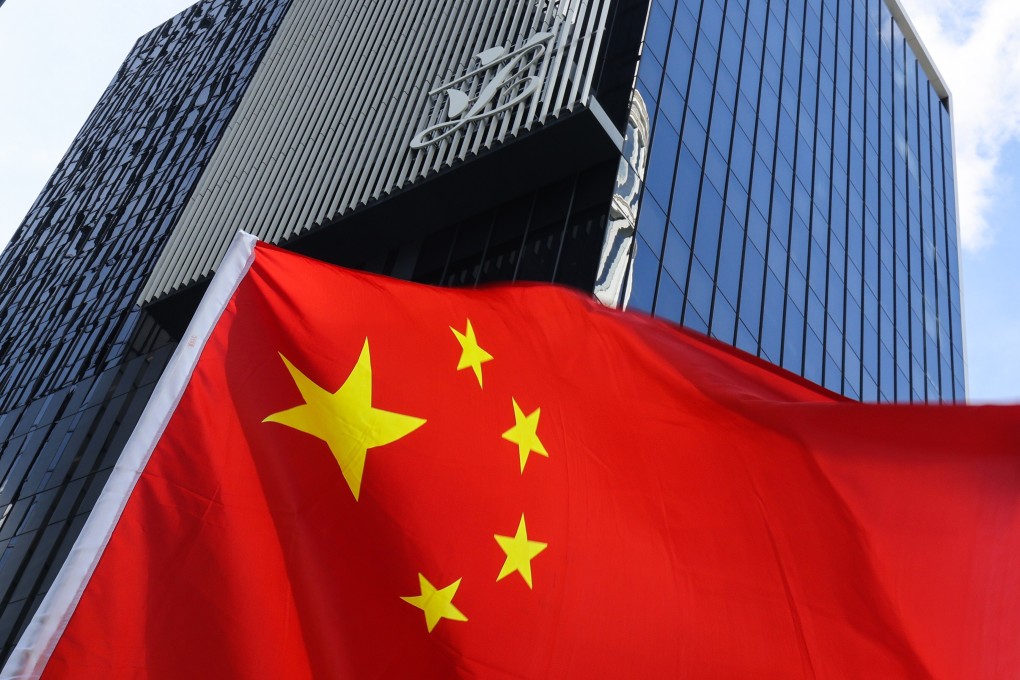Editorial | Focus now is to build confidence in Hong Kong’s new electoral system
- Controversial as the reforms are, the government must strive to convince voters it is worth turning out on election day in significant numbers

The bill has been drafted, scrutinised and passed rapidly. It was only gazetted in mid-April. This has been made easier by the absence of opposition lawmakers in Legco. But it has required the bills committee, tasked with a detailed review of the long and complex draft legislation, to sit almost daily. There have been some technical changes during the process. And up to three community leaders will now be added to a new body assessing the eligibility of candidates. But the core features remain the same. They are intended to ensure that only “patriots” govern Hong Kong.
A newly expanded Election Committee, dominated by pro-establishment figures and Beijing loyalists, will continue to choose the chief executive. A new sector includes members from national organisations. The committee will now also elect 40 of the 90 lawmakers and vet all legislators. There are significant reforms to the legislature, too. The so-called super seats elected by millions of voters have been abolished. Some functional constituencies have been merged and others downsized. And the number of directly elected seats has been slashed by 40 per cent to 20.
The government argues the reforms will protect national security, ensure stability and bring better governance. But the changes have dashed the hopes of many who dreamed of universal suffrage and see them as a step backwards. The best must be made of the new system. Hong Kong needs it to produce high-quality candidates who can solve the city’s many problems. Members of the pro-establishment camp have to step up, but there must also be room for an opposition. Democrats should be encouraged to stand. They will face a high nomination threshold and will be in the minority. But their presence will ensure voters have more of a choice and can enhance both diversity and accountability. The right to vote is valuable. It should be used. The government must strive to explain the new system and build public confidence to convince voters it is worth turning out on election day in significant numbers.
